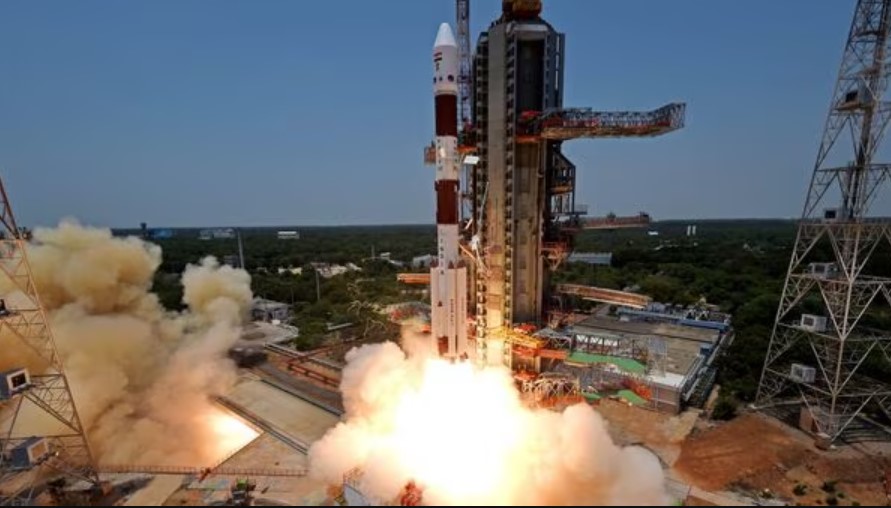Bengaluru: The Indian Space Research Organisation (ISRO) proudly announced on Monday that its Polar Satellite Launch Vehicle (PSLV) has achieved a significant milestone by executing a zero orbital debris mission. This accomplishment was marked by the successful re-entry of the PSLV Orbital Experimental Module-3 (POEM-3) into the Earth’s atmosphere on March 21, described by ISRO as “another milestone” in its space endeavors.
According to ISRO, the PSLV-C58/XPoSat mission, which took place on January 1, practically left zero debris in orbit, signifying a remarkable feat in space technology. Following the completion of its primary mission of deploying all satellites into their designated orbits, the terminal stage of the PSLV was transformed into the POEM-3, a 3-axis stabilized platform.
The POEM-3 stage underwent a controlled deorbiting process, transitioning from 650 km to 350 km above the Earth’s surface to facilitate its early re-entry. ISRO ensured that residual propellants were removed to minimize the risk of accidental break-up, further enhancing safety measures.
Equipped with nine different experimental payloads, including six from Non-Government Entities (NGEs) facilitated by the Indian National Space Promotion and Authorization Centre (IN-SPACe), POEM-3 successfully conducted technology demonstrations and scientific experiments. The mission objectives of these payloads were achieved within a month, showcasing the effectiveness of the indigenous systems developed by ISRO.
The POEM initiative provides a cost-effective platform for academia, startups, and NGEs to conduct short-duration space-borne experiments, fostering innovation and collaboration in the space sector. Notable experiments conducted during POEM-3 included electric thrusters, satellite dispensers, and star-tracking technologies.





